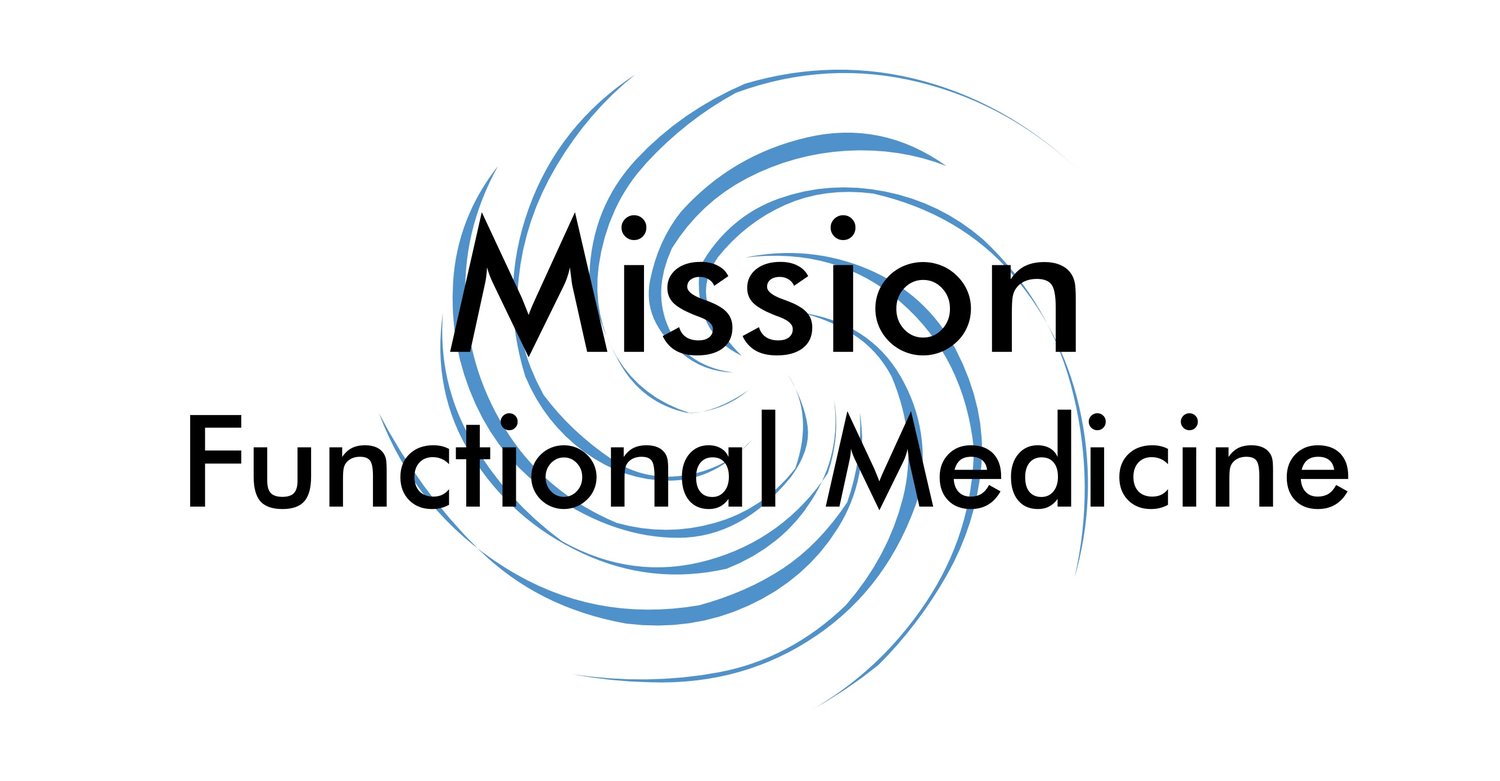Family Stress Reduction Challenge
The Covid-19 epidemic has altered all of our lives. Almost everyone has added stress or pressure in their lives secondary to the virus and its many impacts. Stress has many negative impacts on the human body. Stress has been associated with exacerbations of autoimmune diseases, anxiety, elevated blood pressure and impairment of the immune system.
The Goal:
Decrease the impact of stress on the health and happiness of families and communities.
The Challenge:
Perform one stress reduction technique each day for five days of the week and monitor the impact of the stress reduction challenge over a 2-week period.
Dose: 2 minutes five times per day OR ten minutes per day.
Super charge the challenge:
Add Exercise at least five days a week for 20 minutes. If over the age of 50 or have chronic diseases, check with your doctor before beginning an exercise program.
Duration of the challenge:
2 weeks
Challenge participants:
Family members that you are quarantining with or a virtual challenge with friends.
To get started:
Select a group leader. Select a meeting time and date. Ask each of the challenge participants to think of and investigate possible stress reduction techniques. Ideally, each member will bring a suggestion of a stress reduction technique to the first meeting.
The group leader prints off and distributes the challenge calendar, questionnaire, and suggestions of stress reduction activities.
First Meeting:
Each member of the challenge completes the questionnaire. Sharing results is optional.
Sit down with all the members of the challenge and decide prizes. The goal is to have everyone succeed and complete the challenge.
Each person brings to the meeting their challenge schedule.
Individually, or with the group, each person completes their challenge schedule for the week. The types of exercise and stress reduction techniques should be planned ahead to increase chances of success.
The group can decide to do the exercises and stress reduction techniques together or separately.
The ideal situation is to have the various challenge members bring ideas of different stress reduction techniques.
Second Meeting - 5-7 days after the start of the challenge
Each member talks about their experience during the first week.
Members talk about what they tried and rate the various stress reduction techniques.
Individually, or with the group, each person completes their challenge schedule for the week. Consider trying techniques that ranked high with other members of the team.
| Technique | Rating | Cost |
|---|---|---|
Rating scale
0- this technique was horrible-I felt more stressed"
1- Did not like this technique and it was painful to do
2- Did not like this technique but is was easy to accomplish
3- Neutral about this technique but not wanting to do this again
4- I liked this technique and it was easy to accomplish
5- I liked this technique and I can see how this might help with stress
3rd Meeting
Group meets at the end of the 2-week challenge.
Repeat stress reduction questionnaire.
Discuss what worked or what did not work in reducing stress and think about ways to incorporate stress reduction into your daily life.
Examples of Stress Reduction Techniques
Dr. Weil has three breathing exercises that you can perform during one of your relaxation "snacks"
Go to www.dr.weil.com. In the search field put three breathing exercises.The following link has Mindfulness Meditation Podcast videos
https://www.fammed.wisc.edu/mindfulness-meditation-podcast-series/The Healing Mind have self guided imagery modules for sale.
https://thehealingmind.org/collections/anxiety-stressDartmouth's student wellness center has some free guided stress reduction podcasts.
Go to the following website. Click on relaxation downloads and pick and download to try out.Buddhify 2 is a mobile app that is designed for the busy mind an on the go person.
http://buddhify.comKaiser Permanente has an audio library. There are free downloadable guided visualizations for various health conditions including preparing for surgery.
https://members.kaiserpermanente.org/redirects/listen/?kp_shortcut_referrer=kp.org/listenThere is an 8 week mindfulness based meditation course that is free.
Go to the following website to find out more information https://palousemindfulness.com/breethe.com is an app that gives you a 2 week free trial.
Square Belly Breathing
Here is how you do it. You breathe in for four seconds, hold your breath for four seconds, breath out for four seconds, hold your breath for four seconds. This causes you to relax and flip the switch to the parasympathetic system. A pulse ox meter (can be purchased on amazon for about 20 dollars) will show your heart rate change. If your heart rate decreases by ten beats after doing a couple of square belly cycles-you have accomplished your goal and shifted to your rest and digest part of your nervous system. About a year ago, I did this several times a day to help me relax and it worked great!Heart Math is a fancy program you can use that has been shown in clinical trials to improve sleep, decrease anxiety and improve depression. You can find out more information about it at https://www.heartmath.com/.4-7-8 Breathing: Start Lying down or sitting up
Exhale fully through the mouth.
Put your tongue on the soft tissue behind your upper front teeth.
Inhale through the nose for a count of 4.Hold your breath for a count of 7.
Exhale through the mouth for a count of 8 (keep your tongue on the soft tissue of the upper front teeth).
Do this for 4 cycles
For Maximum benefit-2 times per day for 6 weeks.
Stress Reduction Challenge Questionnaire
| 1 (low to none) | 2 (mild) | 3 (moderate) | 4 (high) | 5 (extremely high) | |
|---|---|---|---|---|---|
| How would you rate your baseline daily stress? | |||||
| How do you rate feelings of panic throughout the day? | |||||
| Is stress impacting your sleep (worry keeping you awake)? | |||||
| How would you rate your overall stress level? | |||||
| Do you suffer from irritability, emotional outbursts, crying, tantrums? |
